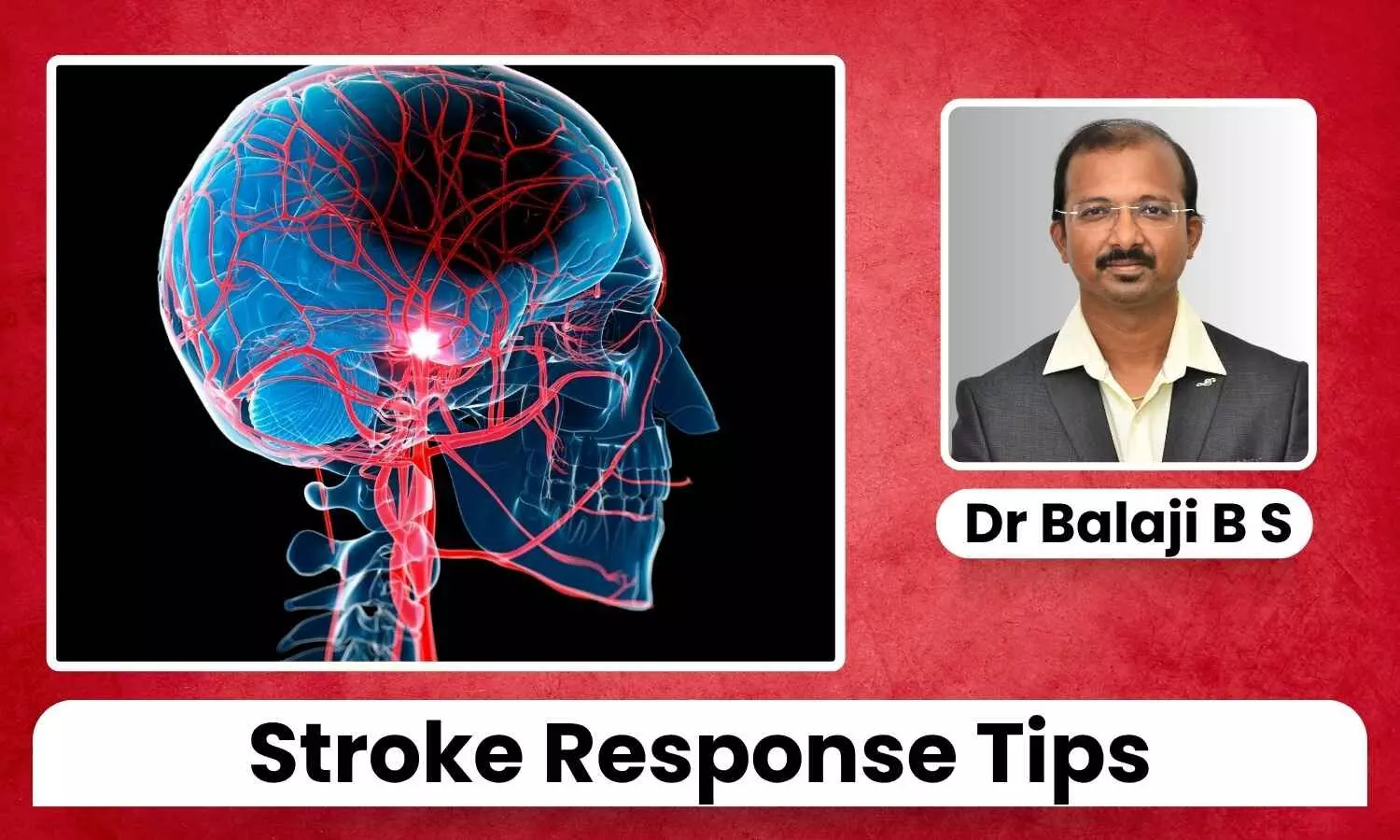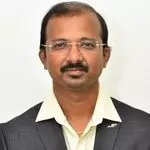5 Things You Can Do Right Away If Someone’s Having Stroke

You're talking to someone, and suddenly they fall silent, their face sags, or their speech is slurred. It's frightening—but it's what you do after that can save their life.
A stroke occurs when blood flow to the brain is cut off or disrupted. Without oxygen, brain cells start to die within a matter of minutes. Immediate action can become the difference between a full recovery and disability, or even death.
Stroke is one of the major causes of death and disability worldwide. However, many people don't know what to do during those important initial moments. Here are five lifesaving steps you should take if someone close to you is having a stroke.
1. Act FAST to Recognize the Signs
The simplest way to identify a stroke is to remember FAST:
F – Face: Is one side of the face drooping when smiling?
A – Arms: Is one arm sagging when raised?
S – Speech: Is one’s speech slurring or abnormal?
T – Time: Time to call emergency services right away.
Other symptoms can be sudden vision loss, confusion, dizziness, or a bad headache.
2. Call Emergency Services Immediately
The moment someone notices these symptoms, it is very important to call for an ambulance. Don't take the person yourself—paramedics can start treatment en route and notify the hospital to have stroke care ready.
Early treatment is essential, particularly if clot-dissolving medication is administered within a small window (usually 3–4.5 hours after the attack).
3. Write Down the Time of Symptom Onset
Doctors will need to know exactly when symptoms started. This determines which treatments are possible.
If you don't know, note the last time the person was seen "normal." Save the time on your phone or write it down. Every minute counts.
4. Keep the Person Safe and Still
- Place them on their side if they're vomiting or unconscious.
- Unbutton and loosen tight clothing.
- Do not give food, water, or medication—swallowing could be compromised, leading to choking.
5. Don't Assume
Don't assume it is low blood sugar or a seizure. And don't ever administer NSAID’s unless told to by a doctor—it can make the situation worse with a bleeding stroke.
Even if the symptoms immediately go away (like in the case of a mini-stroke or TIA), call emergency services. It may be an early warning of a more imminent stroke to come.
Strokes can happen at a moment's notice, but your reaction does not have to be. Recognizing the symptoms and moving quickly can save a life or spare the person from lifelong disability. Learn the FAST signs and share them with others.


